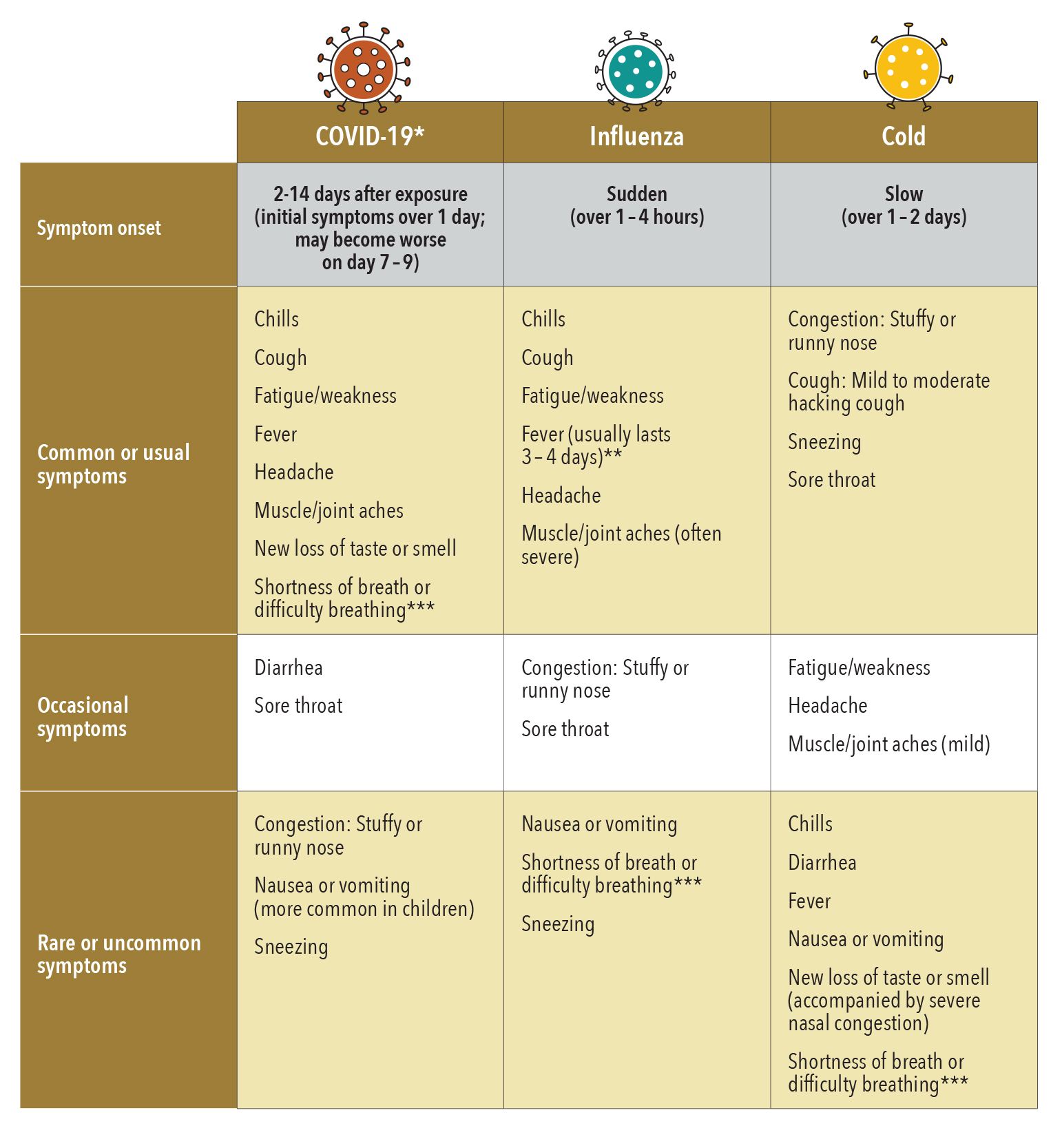Flu care, vaccines and support all season long
Flu hits every year, and anyone can come down with it. That’s why it’s so important to get your flu shot and to know what to do if you catch the flu. With vaccines, expert care and convenient ways to be seen, count on Atrium Health Wake Forest Baptist to be here and ready all season long.
Need flu care?
The flu is never fun. Even mild cases can leave you sick in bed for a week or longer. Fortunately, most people can recover at home. But if you’re worried about symptoms or are immunocompromised, it’s a good idea to seek medical care. With convenient ways to be seen, Atrium Health Wake Forest Baptist makes it easy to get flu care when and where you need it. If you think your symptoms are life-threatening, call 911 or visit the nearest emergency room right away.
If you think your symptoms are life-threatening, call 911 or visit the nearest emergency room right away.
What's the flu?
The flu is a nickname for influenza, a contagious respiratory illness caused by a virus. Flu viruses infect the nose, throat and lungs. Sometimes the illness is mild. Other times it can be severe and even lead to death.
According to the Centers for Disease Control and Prevention (CDC), up to 20% of the population gets the flu every year. More than 200,000 people are hospitalized from complications related to the virus, and about 36,000 people die each year from the seasonal flu.
Is it the flu or COVID?
Learn how to protect yourself against this serious respiratory illness.
What are the symptoms of the flu?
When you have the flu, you may have some or all of these symptoms:
- Fever
- Chills/sweats
- Cough
- Sore throat
- Runny or stuffy nose
- Body aches
- Headaches
- Fatigue
- Vomiting or diarrhea (more common in children)
Most people with the flu do not need medical care, but medical care may be needed for those who are at risk of developing serious complications from the flu. You should also see a doctor if you experience severe symptoms, such as:
- Difficulty breathing
- Pain or pressure in the chest or abdomen
- Sudden dizziness
- Confusion
- Severe or persistent vomiting
Who's at risk of flu complications?
Some people are at risk for developing serious flu complications. Those people include:
- Older people
- Young children
- Pregnant women
- People with health conditions, including asthma, diabetes or heart disease
- People who live in facilities, such as nursing homes
Flu complications can include:
- Bacterial pneumonia
- Ear infections and sinus infections
- Dehydration
- Worsening chronic conditions, such as congestive heart failure, asthma or diabetes
How can I prevent the flu?
One of the best ways to prevent the flu is to get your flu shot each year. Schedule one with your Atrium Health Wake Forest Baptist doctor, or find a provider now. A flu vaccine will help you stay healthy. Other prevention methods include:
- Try to avoid close contact with sick people. If possible, avoid places where there is a higher likelihood of being in contact with people who have the flu.
- Wash your hands often with soap and water, especially before meals and after you cough or sneeze. Alcohol-based hand sanitizers are also effective.
- Avoid sharing drinks.
- Avoid touching your eyes, nose or mouth.
- Cover your nose and mouth with a tissue when you cough or sneeze. Throw the tissue in the trash after you use it.

